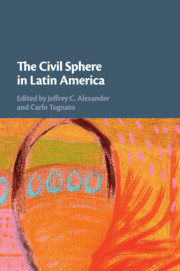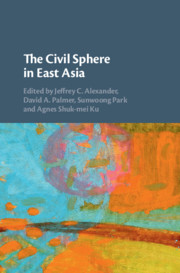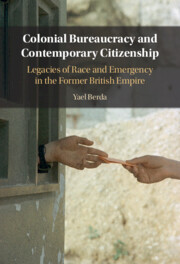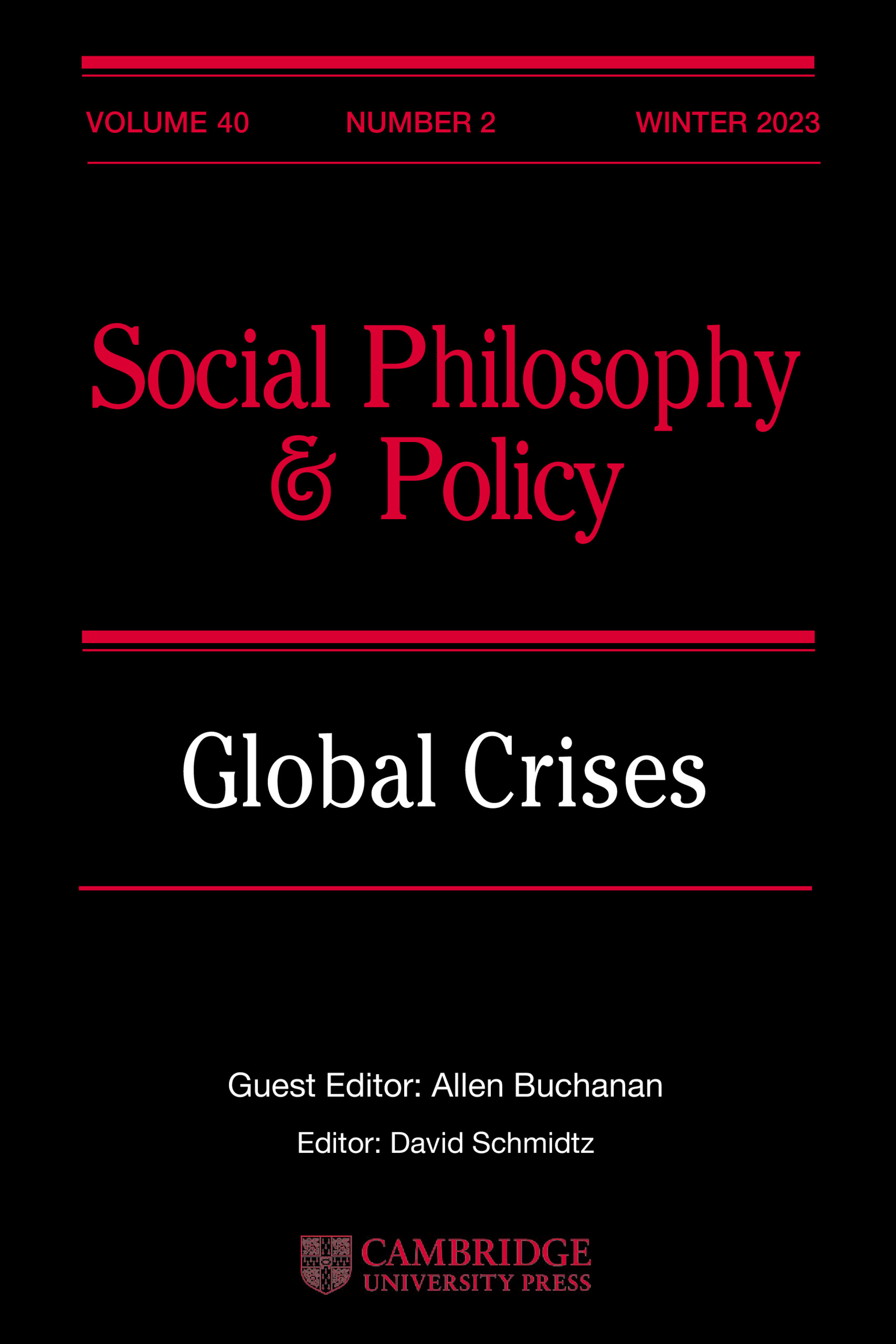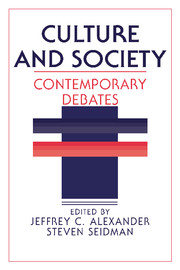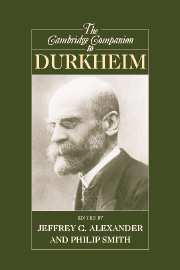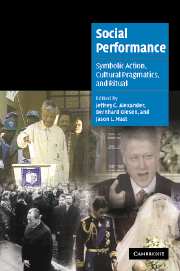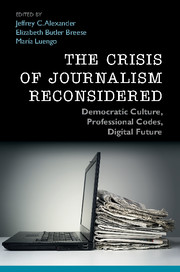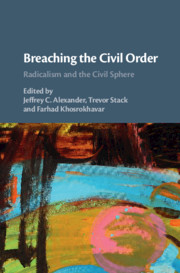
Breaching the Civil Order
Radicalism and the Civil Sphere
- Editors:
- Jeffrey C. Alexander, Yale University, Connecticut
- Trevor Stack, University of Aberdeen
- Farhad Khosrokhavar, Ecole des Hautes Etudes en Sciences Sociales, Paris
- Date Published: January 2020
- availability: Available
- format: Hardback
- isbn: 9781108427234
Hardback
Other available formats:
eBook
Looking for an inspection copy?
This title is not currently available for inspection. However, if you are interested in the title for your course we can consider offering an inspection copy. To register your interest please contact [email protected] providing details of the course you are teaching.
-
It is not only a paradox but something of an intellectual scandal that, in an era so shaken by radical actions and ideologies, social science has had nothing theoretically new to say about radicalism since the middle of the last century. Breaching the Civil Order fills this void. It argues that, rather than seeing radicalism in substantive terms - as violent or militant, communist or fascist - radicalism should be seen more broadly as any organized effort to breach the civil order. The theory is brilliantly made flesh in a series of case studies by leading European and American social scientists, from the destruction of property in the London race riots to the public militancy of Black Lives Matter in the US, the performative violence of the Irish IRA and the Mexican Zapatistas to the democratic upheavals of the Arab Spring, and from Islamic terrorism in France to Germany's right-wing populist Pegida.
Read more- Develops and updates the theory of the civil sphere, proposed by Alexander in 2006
- Shows what is shared by otherwise widely disparate radical movements/actions/organizations
- Uses up-to-date empirical case studies from all over the world
Reviews & endorsements
'This book brings together a fascinating range of contemporary case studies around a central provocative theme: what makes collective actors breach the civil order? And what happens when they do? I particularly appreciate the attention to the nature of the 'civil sphere' and its translation into real world 'flesh and blood' examples of radical action. The intelligent analytical framing of the case studies by the editors makes this a valuable and stimulating contribution to scholarship on contemporary politics and society.' Cristina Flesher Fominaya, Loughborough University
See more reviews'Civil sphere theory (CST) is one of the most important and exciting advances to reshape the study of politics and society in the last fifteen years. Decisively refuting the notion that radical politics have no place in the framework of CST, this groundbreaking volume by more than a dozen leading theorists places radicalism front and center. Pushing us to rethink what we thought we already understood, it offers fresh insights into political radicalism and its complex and varying relationship to civil solidarity. At the same time, its creative reexamination of radicalism serves to revise, develop, and expand CST in promising new directions. Breaching the Civil Order is required reading for everyone who wishes to grasp social solidarity by the root. Chad Alan Goldberg, University of Wisconsin, Madison
Customer reviews
Not yet reviewed
Be the first to review
Review was not posted due to profanity
×Product details
- Date Published: January 2020
- format: Hardback
- isbn: 9781108427234
- length: 678 pages
- dimensions: 235 x 155 x 20 mm
- weight: 0.54kg
- availability: Available
Table of Contents
Introduction Jeffrey C. Alexander and Trevor Stack
1. Wedging open established civil spheres: a comparative approach to their emancipatory potential Trevor Stack
2. Radical protest in a university campus: performances of civil transition in Colombia Carlo Tognato
3. Antiracism movements and the US civil sphere: the case of Black Lives Matter Stephen F. Ostertag
4. The civil sphere and its variants in light of the Arab revolutions and jihadism in Europe Farhad Khosrokhavar
5. Restaging a vital center within radicalized civil societies: the media, performativity, and the Charlie Hebdo attack María Luengo and Karoline Andrea Ihlebæk
6. Anti-immigrant movements and the self-poisoning of the civil sphere: the case of Germany Volker M. Heins and Christine Unrau
7. The civil sphere and the Irish Republican movement, 1970–1998 Anne Kane
8. 'We all came together that day': the 2011 English riots as an enactment of solidarity Yasushi Tanaka-Gutiez
9. Disobedience in civil regeneration: radical transformations in the civil sphere Maeve Cooke
Commentary Liv Egholm
Conclusion Peter Kivisto and Giuseppe Sciortino.
Sorry, this resource is locked
Please register or sign in to request access. If you are having problems accessing these resources please email [email protected]
Register Sign in» Proceed
You are now leaving the Cambridge University Press website. Your eBook purchase and download will be completed by our partner www.ebooks.com. Please see the permission section of the www.ebooks.com catalogue page for details of the print & copy limits on our eBooks.
Continue ×Are you sure you want to delete your account?
This cannot be undone.
Thank you for your feedback which will help us improve our service.
If you requested a response, we will make sure to get back to you shortly.
×
